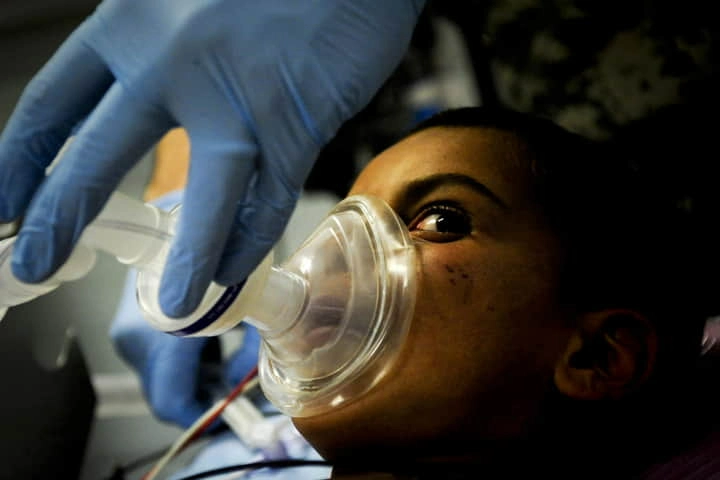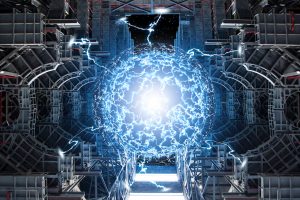There is a great deal of fascination to know how machines and gadgets come back to life after they have been switched off like for example the laptop or the desktop computer. Now a sciencealert.com report states that scientists have attempted to understand as to how human brain after it has been in coma or a deep sleep or has been anesthetised restarts.
The researchers for doing this study in 2021 used two groups of healthy adults – one of 30 who had been anesthetised for three hours and another 30 who were not a control group. Using them the scientists uncovered as to how brain revives itself into awareness.
What comes to the fore is that not all the parts of the brain revive in one go, instead it is one section at a time. The one part which is back online the fastest is the abstract problem-solving capabilities, which is taken care of by the prefrontal cortex. Regions which look after managing reaction time and attention, take more time to start working.
Sharing his views on this Max Kelz, University of Pennsylvania’s anaesthesiologist said: "Although initially surprising, it makes sense in evolutionary terms that higher cognition needs to recover early. If, for example, someone was waking up to a threat, structures like the prefrontal cortex would be important for categorizing the situation and generating an action plan."
During the research varied techniques were used to check what was transpiring in the brain. These included EEG or electroencephalography scans and conducting cognitive tests before and after going under in order to quantify memory recall, reaction speed, and other skills.
Examining the EEG readings, the scientists observed that the brain’s frontal regions which take care of solving of problems, motor control and memory functions, went into action with the recovery of the brain. Those who had been anesthetised took three hours to recover completely.
After the experiment, the scientists followed up with the participants regarding their sleep schedules and there was no visible negative impact on the sleeping patterns of the anesthetised persons.
Elaborating on this, Washington University’s anaesthesiologist Michael Avidan observed: "This suggests that the healthy human brain is resilient, even with a prolonged exposure to deep anaesthesia. Clinically, this implies that some of the disorders of cognition that we often see for days or even weeks during recovery from anaesthesia and surgery – such as delirium – might be attributable to factors other than lingering effects of anaesthetic drugs on the brain."
Also read: New study suggests twilight zone between wakefulness and sleep triggers creativity
Anaesthesia is crucial and necessary for several of the surgical procedures as this is an effective way of turning off the brain’s consciousness.
While anaesthesia is used extensively, there is still a lack of complete and precise understanding as to how it works, though how to use it safely is known. Several ideas have been suggested as to how the brain deals with these drugs but still nothing has been proven.
Besides helping in treatment and caring of patients who have come out of anaesthesia after a major operation, this study will provide better insight and understanding to scientists about the brain and how it responds to interference.
Highlighting this, George Mashour anaesthesiologist, from the University of Michigan said: “How the brain recovers from states of unconsciousness is important clinically but also gives us insight into the neural basis of consciousness itself.”
The details of this research were published in eLife.




















